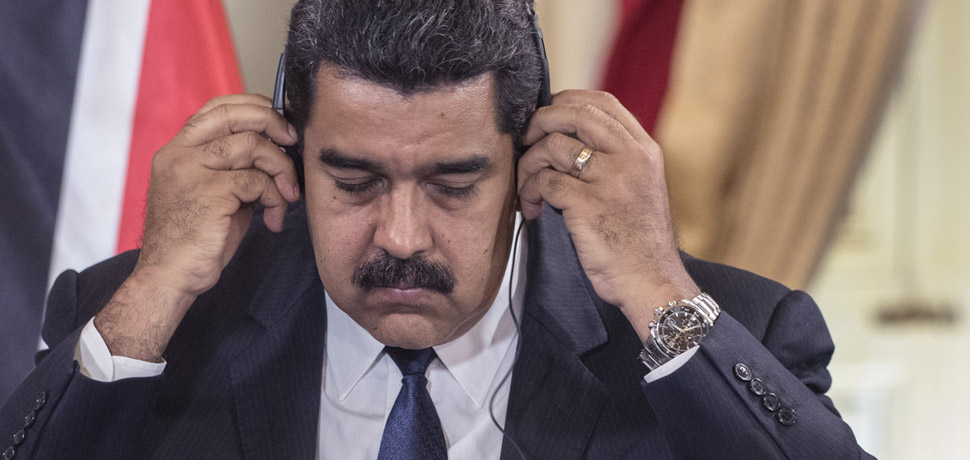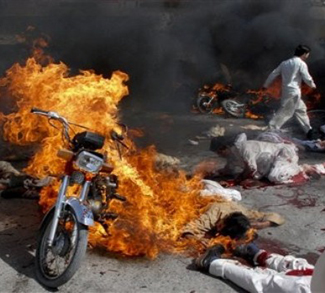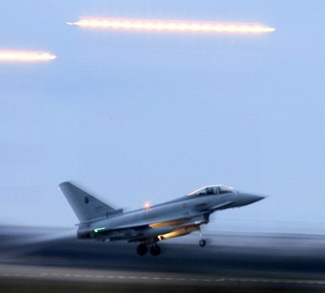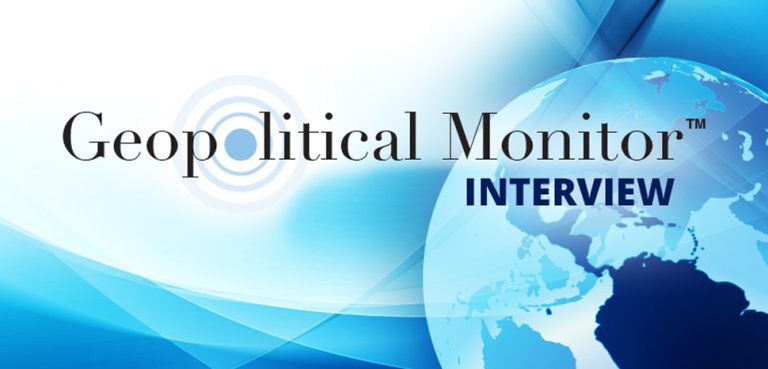On March 27, President Donald Trump called on the Russian Federation to remove its troops from the South American dictatorship of Venezuela. The country’s growing tensions with its neighbors and the United States has been dominating headlines for months. And Trump made sure the reporters knew, with opposition leader Venezuelan Juan Guaido’s wife standing beside him, that, “all options are open.”
If this obvious spur of the moment scare tactic was meant to find its fangs through precedent, the White House is going to be very disappointed. The eagerness on the part of the administration to facilitate change in Venezuela, while arguably admirable, is almost certainly naive. America, along with its small coalition of South American allies and scattered European support, could be biting off more than it can chew.
A lot of the same advisors and staff who encouraged President Trump to throw American support completely behind activist and National Assembly leader Juan Guaido, who claims he is the rightful leader of Venezuela based purely on the assumption that Maduro tampered with the election results (which so far has not been proven), are the same men and women who pushed George W. Bush to do something very similar near the beginning of his term.
In 2002, Senior White House officials including Otto Riech, Bush’s policy czar for South America, began hosting meetings with key Venezuelan nationals who would later lead the plot to overthrow then-president Hugo Chavez. When businessman Pedro Carmona, like clockwork, seized power as planned in the coup, it took Reich only hours to call in ambassadors from neighboring Latin American countries to assert the United States would support Carmona’s newly installed government. Elliot Abrams, White House senior director of the National Security Council for ‘democracy, human rights and international operations,’ also played a huge role in overseeing the hostile takeover. Abrams and Reich were both former members of President Ronald Reagan’s policy team in the 1980s, and had played a role in the infamous Iran-Contra affair.
It took only 48 hours for the coup to fail utterly, and Chavez to return to power and punish those who had tried to overthrow him. Bush had seen an opportunity for American interests, and without taking necessary precautions and entertaining basic moral and ideological conflictions, charged into Caracas without a second thought. It was a mistake, and the U.S. paid for it; a pattern that would go on to repeat itself multiple times in the next decade in Iraq, Somalia, Egypt, and Syria.
President Donald Trump should stop listening to advisors like John Bolton, whose own foreign policy judgement proved questionable at best in the aftermath of the Iraq War, and start paying attention to the lessons of his predecessor’s mistakes.
Things have indeed changed somewhat since 2002, but many of the adjustments have not been good for American interests. As the West has withdrawn much of its capital and economic dealings with Venezuela, China and Russia have filled the vacuum. Beijing alone has invested $62 billion into Maduro’s regime since 2007 and has imported a large portion of its oil in order to keep Caracas’ solvent. Russia’s state-run Rosneft PJSC oil company has stakes in a large portion of Venezuelan petroleum fields.
A great power standoff over the fate of Venezuela is very possible, and that’s precisely what Maduro wants. On his own, he can’t stop the United States from completely obliterating his regime. The issue cannot simply be about his control over Venezuela, but moreover, American overreach in international affairs. Maduro’s game revolves around the U.S. repeating the same mistakes it did over a decade ago, but this time, with the added benefit of drawing in Russian and Chinese support on principle.
So far it’s working. Maduro is successfully making the argument more about Russia and China’s involvement in Venezuela than Venezuela itself, thereby gaining much-needed support. “Russia has to get out. What’s your next question?” President Trump flatly told reporters at a recent gathering.
Venezuela, like other longtime U.S. foes such as North Korea and Syria, has learned how to work outside of America’s reach and effectively blunt its foreign policy through changing the narrative of the problem at home and abroad. The broad international implications of any potential action, more than the immediate consequences of the action itself, are threatening the United States’ global influence and her ability to act.
Perhaps Washington will see through the strategy that Maduro and other third-world dictatorships are heavily employing these days, but regardless, US power is receding and time after time, the White House has continued to act as if it is still the 20th century. The world we live in today is very different than that of our predecessors and if we continue to refuse to acknowledge this, we will repeat the same mistakes.
The views expressed in this article are those of the authors alone and do not necessarily reflect those of Geopoliticalmonitor.com or any institutions with which the authors are associated.




